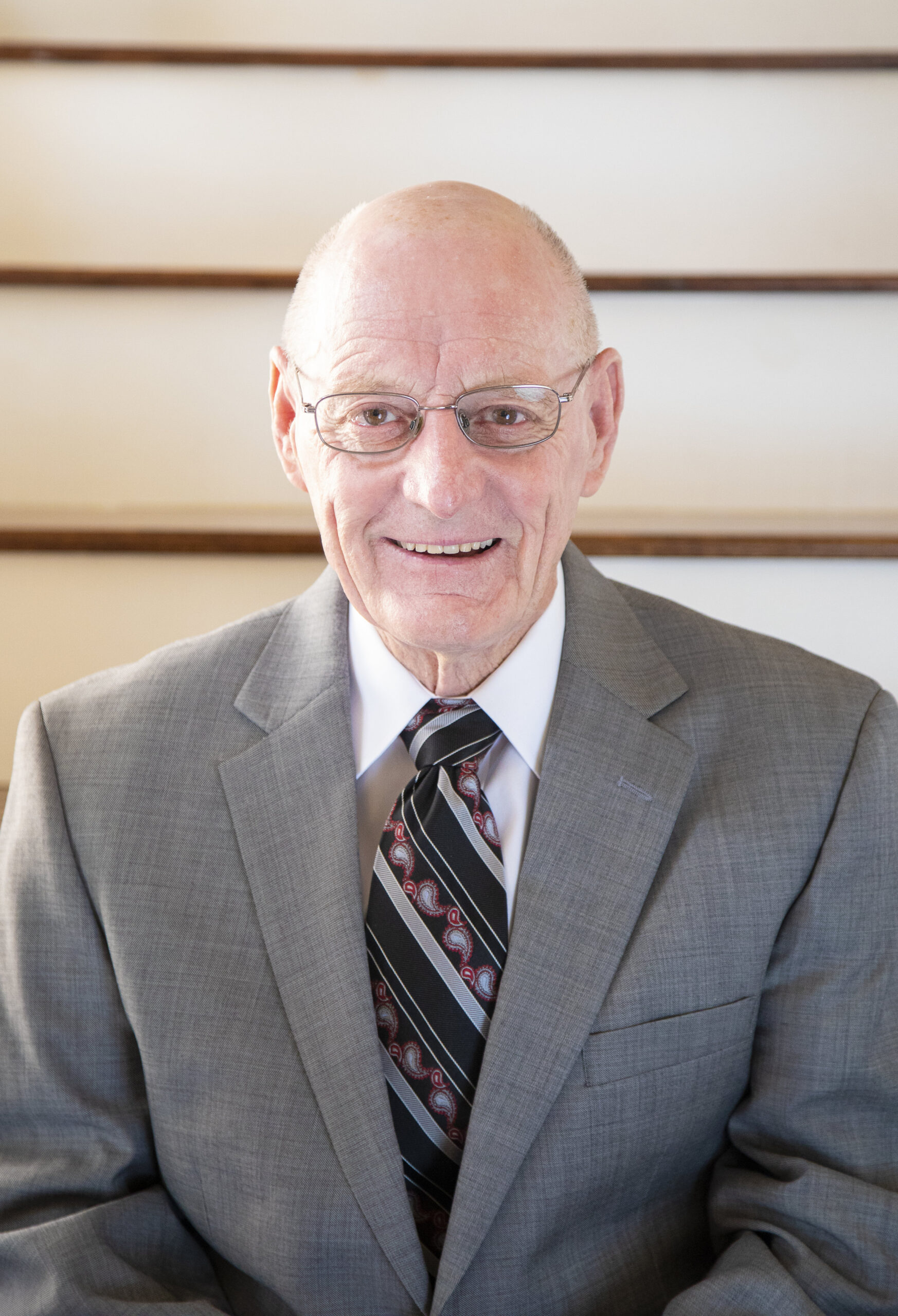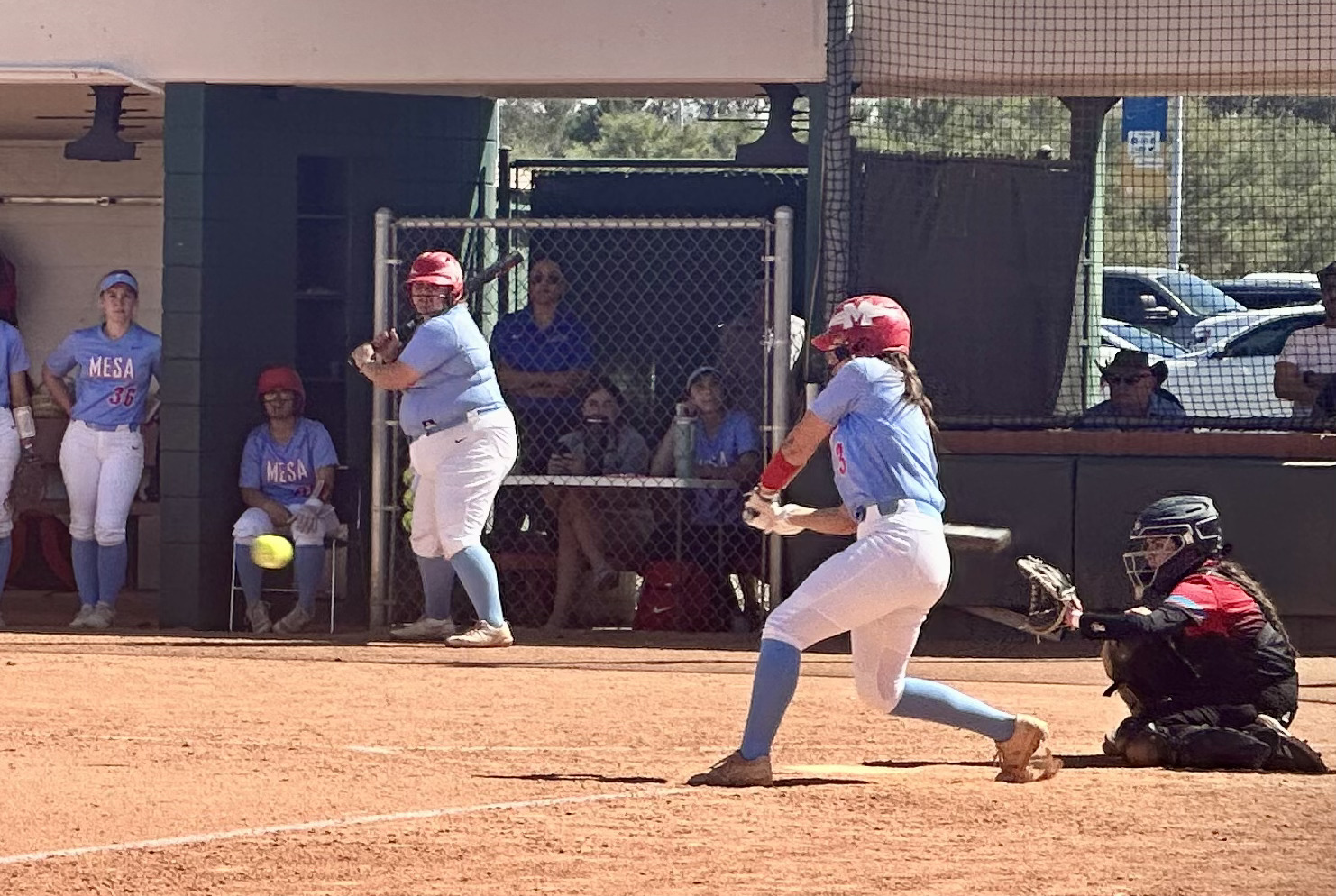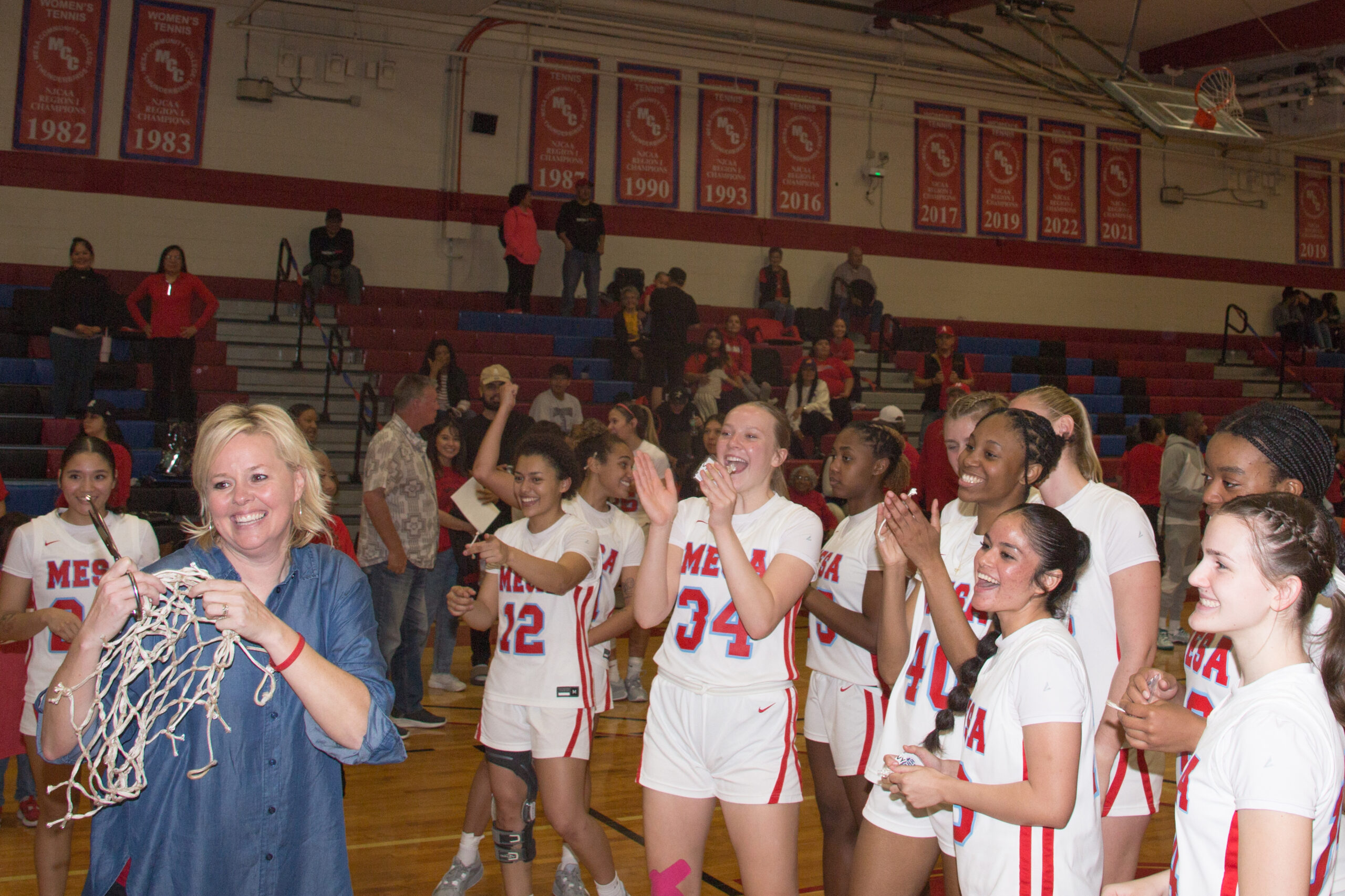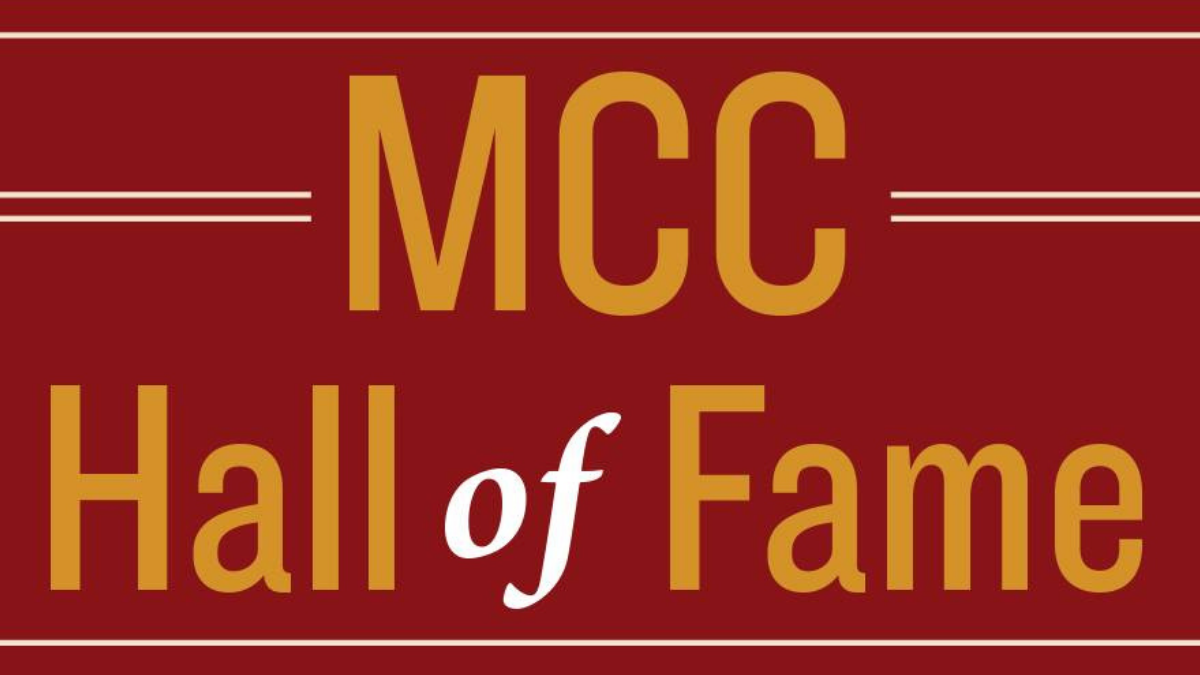Meet three VIPs from MCC’s 2020 Hall of Fame: Wynn Call
On Nov. 10, Mesa Community College (MCC) announced its list of newly inducted 2020 Hall of Fame Honorees. Among these were three veteran professors: Dr. Betsy Hertzler, Mona Scott and Dr. Wynn Call, who have all etched their names into the hearts and walls of these campus grounds.
This series explores their unique personalities, beginnings and goals. Each has played a tremendously important role in shaping MCC’s education experience. These articles explore who these instructors are, what motivates them and their perspectives on education’s biggest issues.
Wynn Call, Ph.D

MCC psychology professor Dr. Wynn Call has been teaching full time for 30 years. Before that, from 1975-1990, he taught night classes at MCC as an adjunct. Also during that time, he worked as a clinician, helped run a business and taught at the Institute of Religion at Arizona State University. His experience as a clinician and his expertise in teaching have led many students down the career path of psychology.
Currently, he teaches Introduction to Psychology and Abnormal Psychology virtually at MCC.
“Teaching is the absolute best and most honorable profession that a person has,” Call said. “I’ve quit all the others now, and guess what I am still doing? Teaching.”
When asked about how he felt being honored in the 2020 MCC Hall of Fame, he replied with humility.
“Well I am greatly humbled. There’s a lot of folks who deserve this as much as I would, maybe more, but it’s a great honor,” said Call. “I have enjoyed my time here, and have been very much involved in things at MCC over the years.”
Call said he had always enjoyed learning, and soon recalled how he first became involved in education through a job he obtained at an elementary school during his time as a college student.
“I absolutely loved it,” said Call. “… I could see how much teaching could influence the lives of others.”
When asked about a successful teaching moment, Dr. Call recounted the story of a student in one of his Psychology of Religion courses. The subject, incidentally one his favorites to teach, attempted to bridge the gap between what he described as an atheistic trend in psychology at the time and the measurable psychological benefits religion could provide.
The course was centered around the analysis of religious practice, and rather than critiquing the ideology, students would learn about what makes religious people tick. Call read from a written letter about the effect the course had on one student.
“‘It was at the turning point of my life that I began to become gradually more and more obsessed with religion as per the atheistic stereotype. It was this obsession that drove me to take this class,’” Call continued. “‘To say the least, this experience has opened my mind. I can recall not six months ago being the first person among my peer group to belittle religion, and to point out all the harm it has done. Now when my friends start the timeless discussion about why religion is evil, I am the first to pipe up in its defense with the claim religion has also done good…’”
Being a part of this change, Call said, felt pretty good.
When asked about his motivations as a professor, Call said his philosophy on teaching could be best described through a series of passages in the book “A Teacher is Many Things” by Earl Pullias. Many years ago a guest lecture from Pullias introduced a younger Call to the ideas that would define his career. Call repeated a handful of passages pulled from those pages and painted an image of a teacher who was many things: a guide, a fellow traveler and companion, a role model, a seeker of answers, a creator, a confidant, a visionary, a storyteller, an evaluator and, most importantly, a person.
“A teacher is a real person, like everybody else. I’m a real person. I have ups and I have downs. We have challenges. We have other parts of our lives that we pay attention to. As a result of that, we are real people,” Call said.
When asked about issues within the education industry, Call said that decades ago, he was challenged by low pay, working multiple jobs to provide for his family and staying up late to keep up with new material.
“When I taught my first elementary school class, my annual salary was $4,200,” said Call. “…How did I overcome it? Well I kept going to school and getting more degrees. And while I was doing that, and raising a family to boot, both myself and my wife took in extra work.”
“I had two jobs. I’ve always had two jobs… all my life,” Call continued. “…For 30 years I would work at MCC, get done at 4 or 5 o’clock, and then go to the clinic until 10 every night.”
He was also met with one obstacle he enjoyed: keeping up-to-date information at hand. This process of self preparation, he explained, included constantly attending courses, reading newly released journals on psychology, preparing new and exciting lessons and learning from the conversations of his colleagues and students.
Now, Call said, “One of the things that’s been of concern to me is that we have become more emotional thinkers rather than rational thinkers.”
He said education institutions were becoming too focused on changing to meet the demands of emotionally captivating issues; they should be more focused on maintaining instructor competency and academic integrity. In addition, he warned that the hiring process was a place where personal bias could easily interfere with that integrity.
“Like I said in my philosophy of teaching, a teacher is a person, but you better be careful not to get involved in things that are your personal preferences over the fact that these are the competencies of the discipline that you have to do.”
Moreover, he fears COVID-19, which thrust nearly all teachers across the country into online environments, took something dear from the education process.
“I’m probably crazy, but if they would tell me I could go back tomorrow and go in class despite being in the more vulnerable population, I would be there tomorrow,” said Call. “…I don’t think you can operate in fear.”
In the end, Call believes the challenges presented by mounting external pressures would continue to be an issue for education for the foreseeable future. Still, he remained hopeful teachers like him would be able to go back to class next year.










